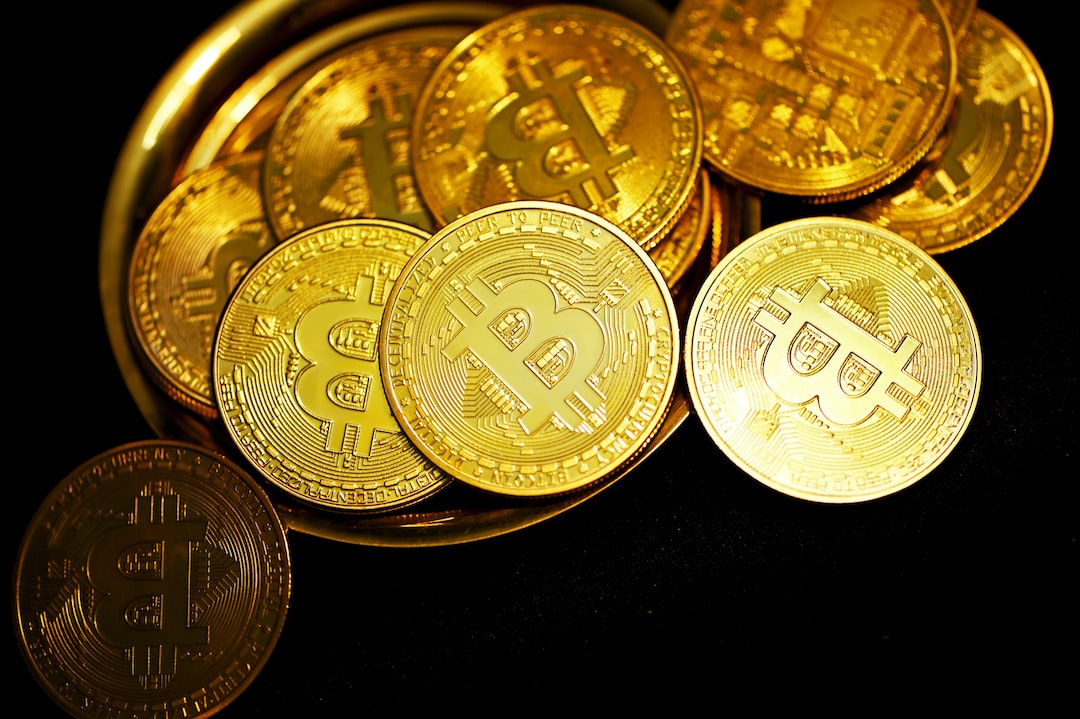Protecting Your Crypto Assets: Common Hacking Techniques to Beware Of
When it comes to securing your cryptocurrency assets, awareness is key. As the popularity of cryptocurrencies continues to grow, so does the threat of hacking. It is crucial to stay vigilant and educated about the common hacking techniques used by cybercriminals. In this article, we will discuss some of these techniques and provide you with tips on how to protect your crypto assets. So let’s dive in!
1. Phishing Attacks
One of the most prevalent hacking techniques is phishing. This method involves tricking you into revealing your private keys or passwords by posing as a legitimate entity. Typically, hackers use deceptive emails or messages that appear to be from a trusted source, such as a cryptocurrency exchange or wallet provider. They lure you into clicking on a malicious link or providing sensitive information.
To protect yourself from phishing attacks, always be cautious when clicking on links or downloading files. Verify the authenticity of any communication before taking any action. Check the email address, domain, and always enable two-factor authentication (2FA) for an extra layer of security.
2. Malware Attacks
Another common hacking technique used by cybercriminals is malware attacks. Malware is malicious software that enters your device and allows hackers to access your cryptocurrency wallet or steal your private keys. It can be spread through infected websites, downloads, or even removable devices.
To safeguard against malware attacks, keep your operating system and antivirus software up to date. Be cautious when downloading files or clicking on suspicious links. Consider using a virtual private network (VPN) for additional protection, especially when accessing your crypto accounts on public Wi-Fi networks.
3. SIM Swap Attacks
SIM swap attacks involve hackers tricking your mobile network provider into transferring your phone number to a SIM card under their control. Once they gain access to your number, they can reset passwords, bypass 2FA, and easily gain control of your cryptocurrency accounts.
To protect yourself from SIM swap attacks, contact your mobile network provider and request additional security measures. Enable a personal identification number (PIN) or passphrase for PIN-based services and consider using a virtual phone number for your crypto accounts.
4. Fake Cryptocurrency Exchanges
Cybercriminals often create fake cryptocurrency exchanges to lure unsuspecting users into depositing their funds. These fake exchanges mimic the interfaces and functionalities of legitimate platforms, tricking users into sending their cryptocurrencies to the hacker’s wallet.
To avoid falling victim to fake exchanges, conduct thorough research before using an exchange. Check user reviews, forums, and social media platforms for feedback and recommendations. Stick to well-known and reputable exchanges with a proven track record in security.
5. Social Engineering
Social engineering is a hacking technique that relies on manipulation and deception to gain unauthorized access to your crypto assets. Hackers may impersonate customer support personnel or acquaintances and ask for your sensitive information or even your private keys.
To protect yourself from social engineering attacks, be cautious when sharing personal and financial information. Always verify the identity of the person you are communicating with, especially regarding sensitive matters. Do not disclose your private keys or wallet information to anyone, no matter how plausible their request seems.
Frequently Asked Questions (FAQs)
Q: Can using a hardware wallet protect my crypto assets from hacking attempts?
A: Yes, hardware wallets provide an additional layer of security by keeping your private keys offline. They are widely considered to be the safest option for storing cryptocurrencies.
Q: What should I do if I suspect my crypto assets have been compromised?
A: If you suspect any unauthorized activity or compromise, immediately block access to your accounts and change your passwords. Contact the crypto exchange or wallet provider for further assistance.
Q: Are there any additional security measures I can take to protect my crypto assets?
A: Absolutely! Aside from the mentioned techniques, regularly monitor your accounts for any suspicious activity, set up transaction alerts, and consider using a password manager to ensure strong and unique passwords for all your crypto accounts.
A: Yes, sharing your public wallet address is safe. It only allows others to send cryptocurrencies to your wallet and does not pose any security risks.
Remember, protecting your crypto assets is an ongoing process. Stay informed about the latest hacking techniques, exercise caution when interacting online, and implement robust security measures to safeguard your valuable cryptocurrencies. By following these strategies, you can significantly reduce the risk of falling victim to cybercriminals.
Edulia Coinfield’s journey from a curious technology enthusiast to a highly regarded crypto educator and analyst is a testament to her passion for knowledge-sharing and the immense potential of blockchain technology. Her contributions to the industry and dedication to empowering others have solidified her position as a prominent woman figure in the world of cryptocurrencies.

